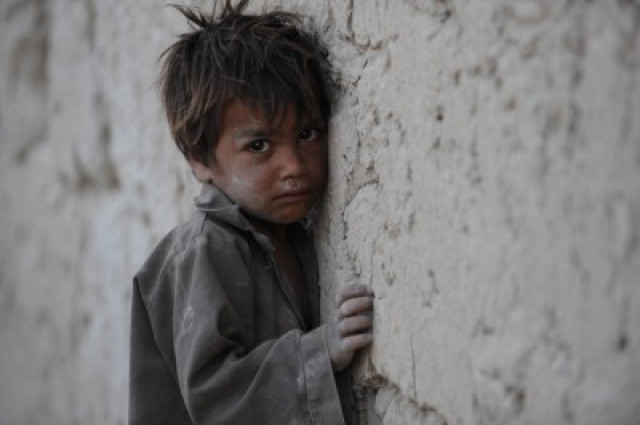Poverty dropping
Millions remain undeniably poor, but the nature of poverty is changing

PHOTO: FILE

The number of homes with a flush toilet moved from 24 percent in 2002 to 49 percent in 2014. Perhaps to the surprise of nobody motorcycle ownership has increased in the same period from 2 percent to 18 percent. Households are able to spend more of their income on non-food items. Although food insecurity is still endemic food security for many has increased, and there have been significant dietary changes as well with greater diversity. Poor people are spending less on ‘cheap’ calories and more on chicken, eggs and fish as well as milk products, likewise the proportion of their income spent on vegetable and fruit.
Millions remain undeniably poor, but the nature of poverty is changing and is perceptibly reduced across a broad span of indicators. There is greater congruity between rural and urban diets and consumption patterns. A part of this reduction will be because of successive government policies, though the impact on poverty levels of the current dispensation is too early to measure objectively. The WB report runs counter to the stereotypical perception that Pakistan is an irredeemable basket case set on a steady spiral downwards. Seeking to create self-fulfilling prophecies serves nobody well, and broadens universal misperceptions both at home and abroad. Poverty is reducing. It is unlikely to be eradicated and the effects of reduction are going to be uneven and unequal. Rich we are not, less poor we are.
Published in The Express Tribune, November 21st, 2016.
Like Opinion & Editorial on Facebook, follow @ETOpEd on Twitter to receive all updates on all our daily pieces.















COMMENTS
Comments are moderated and generally will be posted if they are on-topic and not abusive.
For more information, please see our Comments FAQ